As part of a one-year trial period, Mid-Snake RC&D has received grant funding for the release of codling moths in the Twin Falls area. Codling moths are the number one most damaging pest to apple fruits across the world. They are small grey moths whose larva feed on the fruit of apple and similarly related fruits. This feeding causes the fruit to become “wormy” as the larva bore deep into the core of the fruit. When trees are left untreated, a high number of fruit spoils and a percentage of crops are lost.
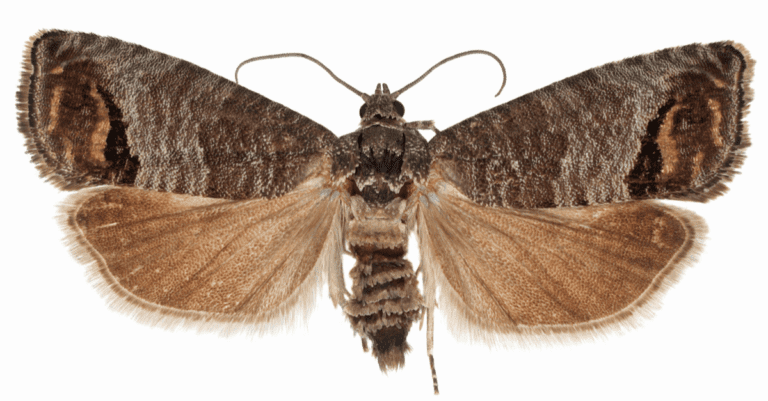
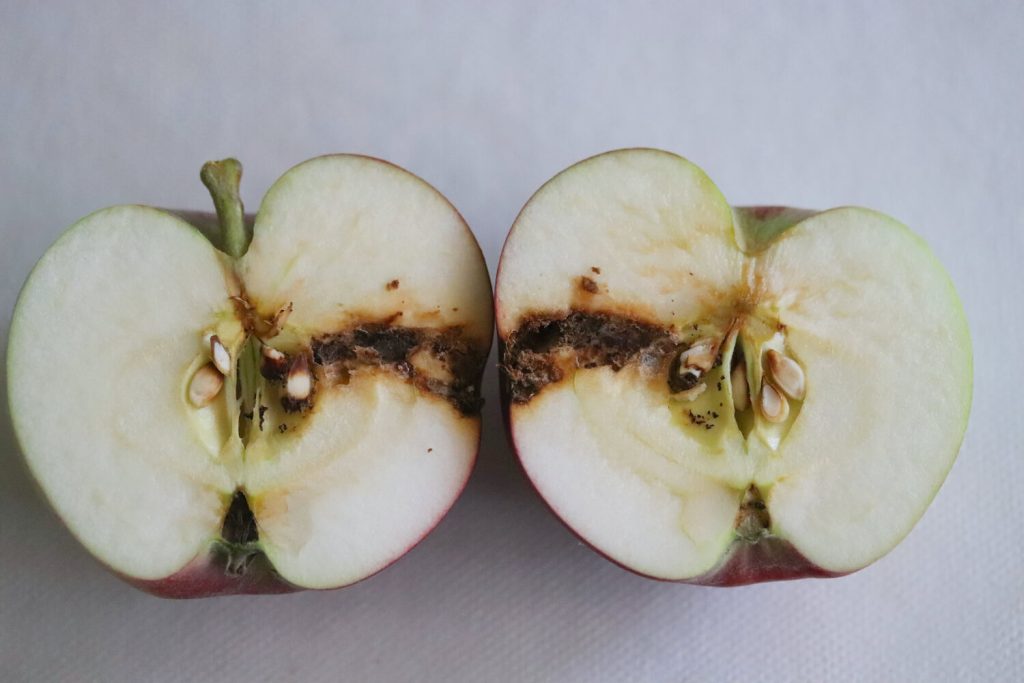
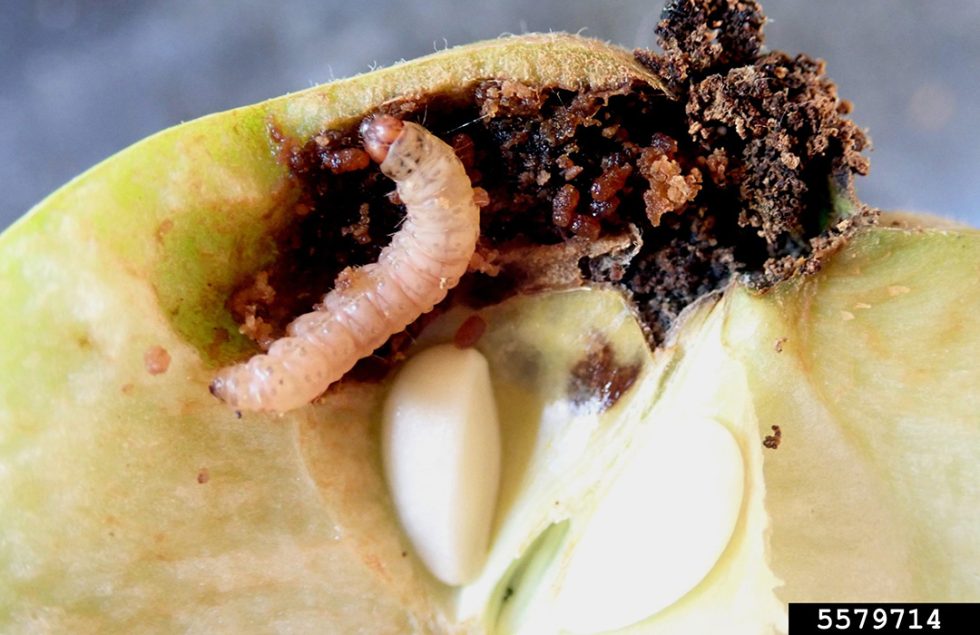
The most common type of treatment for codling moths is an insecticide applied directly to the fruit. However, with recent social trends concerning chemical use and also the concern for insecticide resistance, researchers have been looking for other methods to control the codling moth populations. Recent studies have shown that the release of sterile codling moths has a positive net effect on the control of the pest. Sterile codling moths have been shown to decrease the wild population, decrease fruit damage and decrease the use of insecticides. It has also been shown to decrease the cost of pest management for the tree owners.
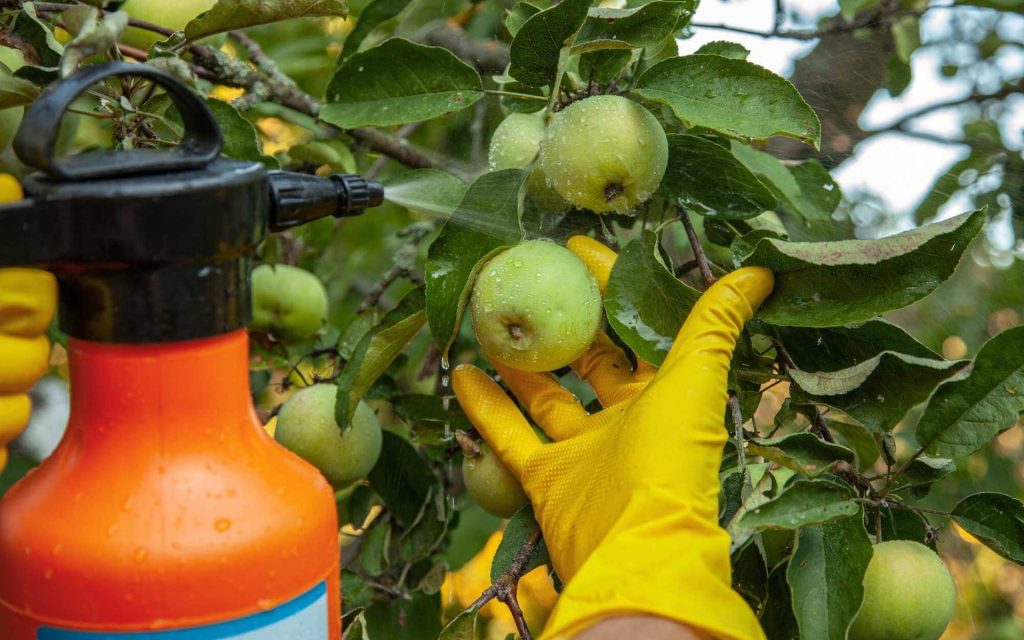
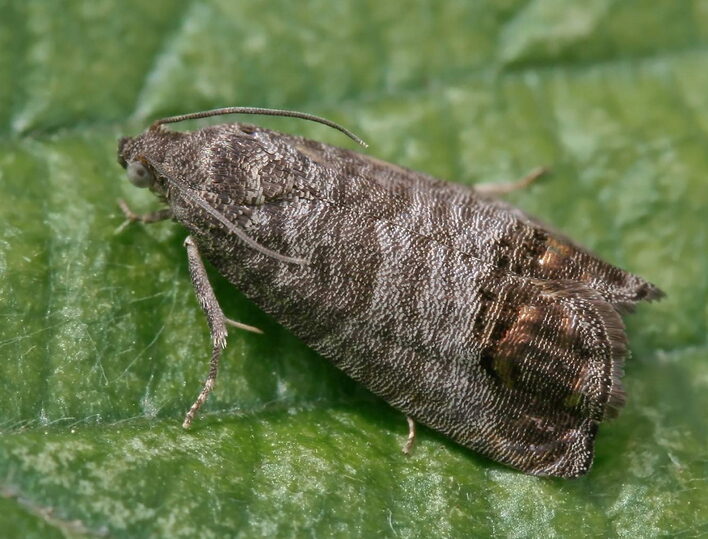
Releasing sterile codling moths creates a higher probability that wild moths will breed with the sterile moths and therefore, lay eggs that are not viable. This creates a decrease in the population of the wild moths for obvious reasons. Without viable eggs, there’s a downturn in larva to feed on the fruit reducing damage, and without the larva, the tree owner does not have to apply as many insecticides to the fruit, thus lowering their cost.
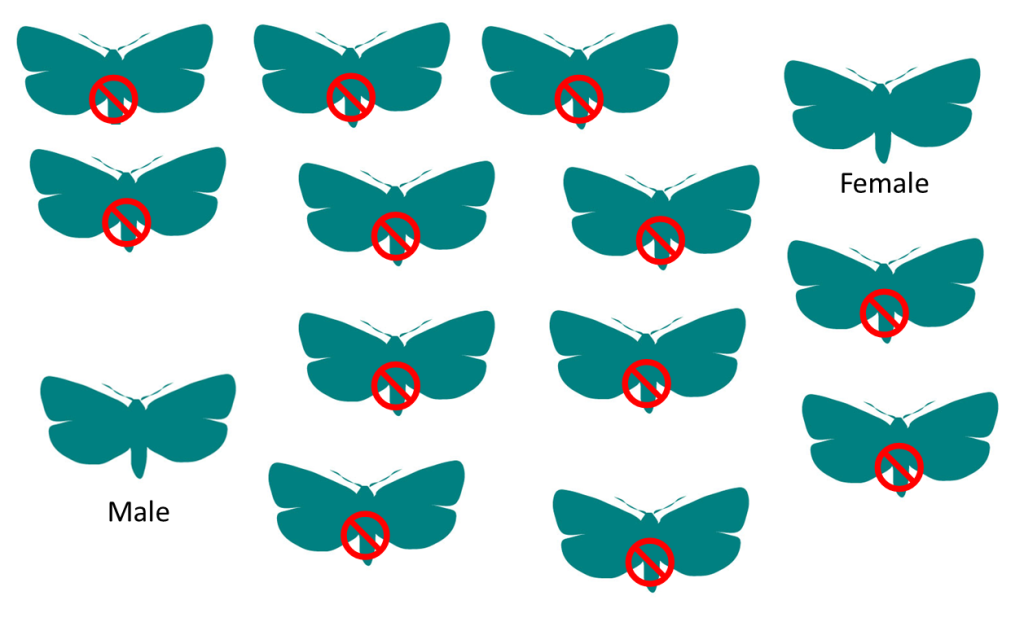
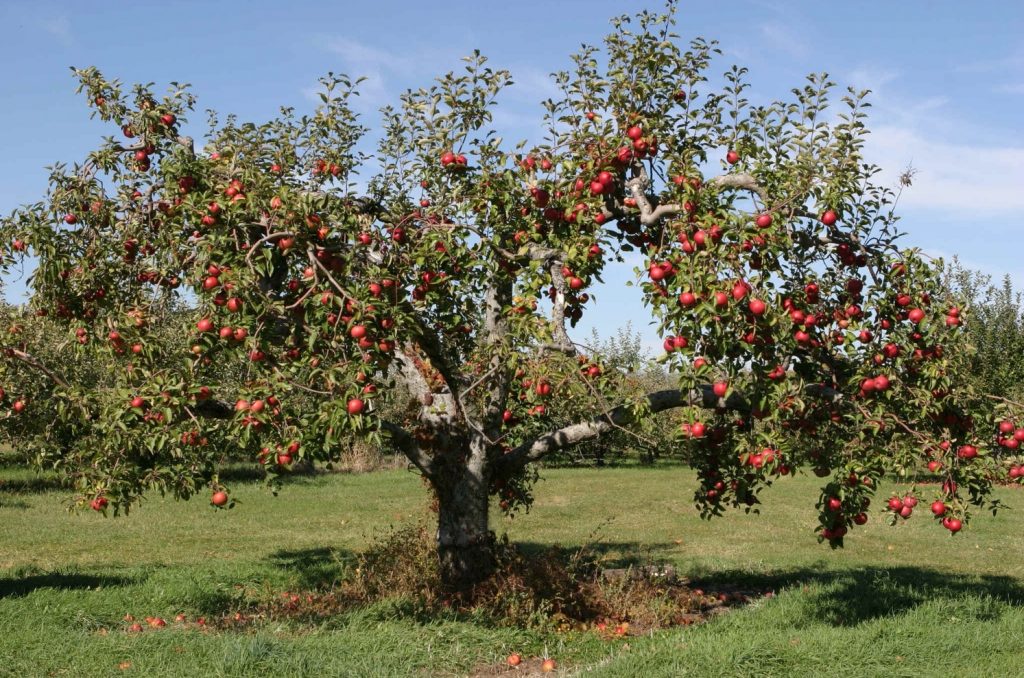
The Mid-Snake RC&D is in the beginning phases of this project and is currently looking for single tree and small orchard owners in the Magic Valley that are interested in having sterile codling moths released on their property. The council has the funding to treat up to 94 acres throughout the 2026 year, but studies have shown that individual trees and small orchards that may not be getting treated are a primary risk factor for diminishing the effects of the sterile moth control method. For this reason, we are asking for individuals that may be interested in being part of this trial period to reach out via our email midsnakercd@gmail.com or by filling out the form at this link: Sterile Codling Moth Trial Questionnaire
